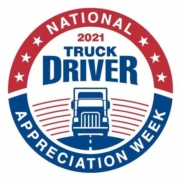Imagine an extensive traffic jam – with electric vehicles
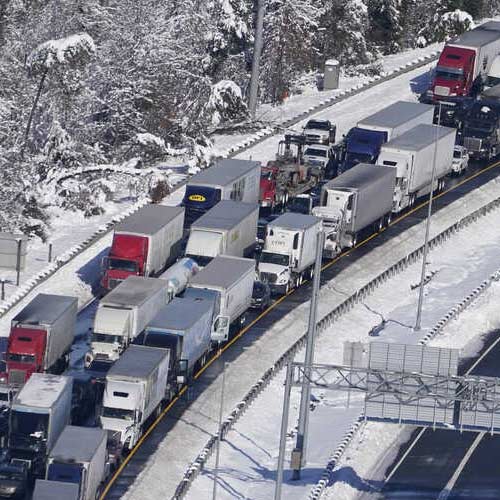 Earlier this month in Virginia, commercial and personal vehicle drivers along a 40-plus mile section of I-95 experienced significant weather delays. Snowfall and cold weather resulted in some drivers stuck in place for more than 20 hours. Many ran out of fuel or battery power waiting to get moving. No power means no heat in sub-freezing temperatures. This was not a pleasant or safe experience.
Earlier this month in Virginia, commercial and personal vehicle drivers along a 40-plus mile section of I-95 experienced significant weather delays. Snowfall and cold weather resulted in some drivers stuck in place for more than 20 hours. Many ran out of fuel or battery power waiting to get moving. No power means no heat in sub-freezing temperatures. This was not a pleasant or safe experience.
An editorial by Charles Lane from the Washington Post on Jan. 4 suggests the event would have been much worse if there were more electric vehicles on the road. Although both electric and internal combustion engine vehicles certainly will all eventually run out of power, getting them moving again is the problem.
It is much easier to rehabilitate a disabled [internal combustion engine] ICE vehicle. Rescuers can deliver gallons of gas in convenient jugs; gas stations are still far more numerous than EV charging stations; and ICE car batteries can be jump-started in minutes.
Lane notes outside of a breakthrough in fast, mobile charging, battery powered vehicles would have to be towed. This would have been a significant challenge for law enforcement and personnel charged with clearing the vehicles.
Read the full editorial at the Washington Post’s website.
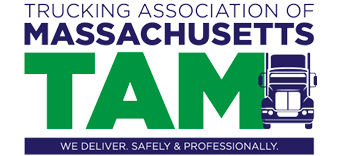


 We are deeply saddened to announce the passing of longtime Board Member and TAM Chairman Ed Rodricks. Ed passed away Thursday, Dec. 30.
We are deeply saddened to announce the passing of longtime Board Member and TAM Chairman Ed Rodricks. Ed passed away Thursday, Dec. 30.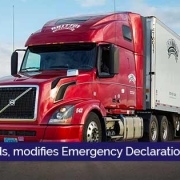
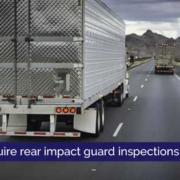
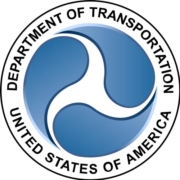
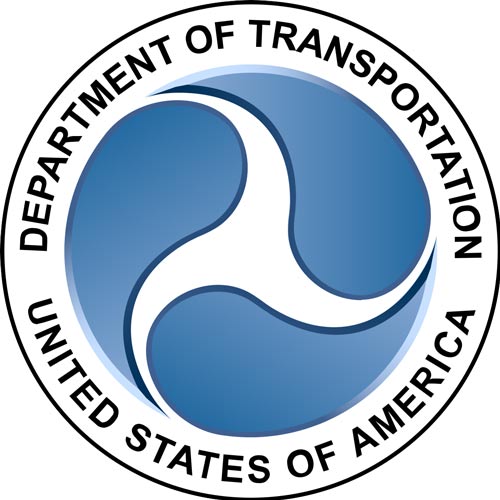 The historic bipartisan infrastructure legislation will deliver for Massachusetts by repairing roads and bridges, improving transportation options, building a national network of chargers to accelerate the adoption of electric vehicles, upgrading our nation’s airports and ports, and much more.
The historic bipartisan infrastructure legislation will deliver for Massachusetts by repairing roads and bridges, improving transportation options, building a national network of chargers to accelerate the adoption of electric vehicles, upgrading our nation’s airports and ports, and much more.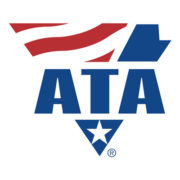
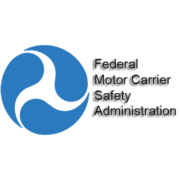
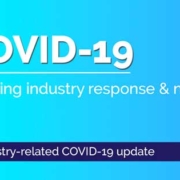
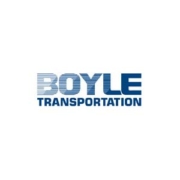
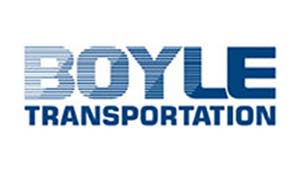 Boyle Transportation has again received top honors in the Best Fleets to Drive For program at the 2021 Truckload Carriers Association Annual Convention in Las Vegas. Boyle has won the award for two consecutive years.
Boyle Transportation has again received top honors in the Best Fleets to Drive For program at the 2021 Truckload Carriers Association Annual Convention in Las Vegas. Boyle has won the award for two consecutive years.